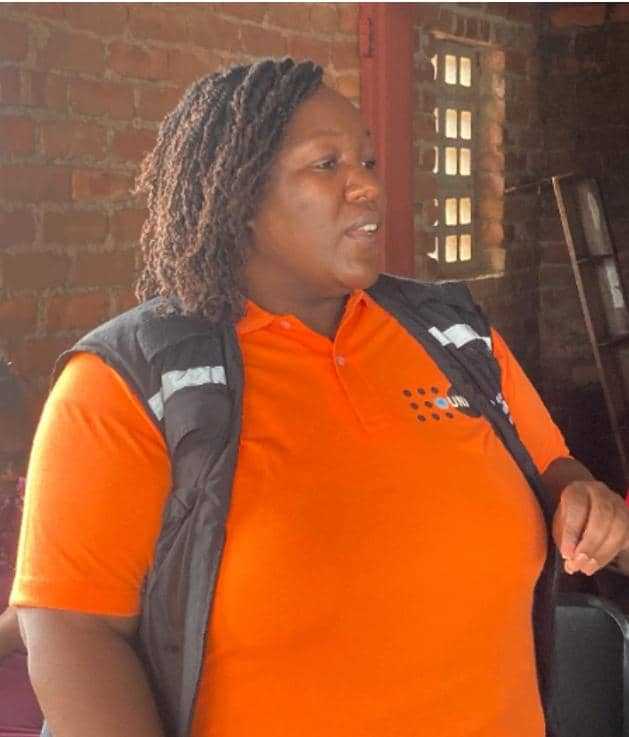
Munyaradzi Blessing Doma
Zim Now Writer
As gender-based violence continues to be a challenge for the nation, calls for concerted efforts to fight the scourge—which disproportionately affects women and girls—have grown louder.
This issue is further compounded by the lack of a comprehensive management system for addressing adult GBV cases.
This was highlighted during an integrated documentation mission and media tour of Bubi District in Matabeleland North Province.
Here, the United Nations Population Fund is partnering with the Ministry of Women Affairs, Community, Small and Medium Enterprises Development, and its implementing partners, World Vision and Musasa, to roll out the “Women at the Centre” programme.
Piloted in Bubi District, this programme is funded by the Japanese pharmaceutical company Takeda, and serves as a crucial intervention in tackling GBV and strengthening Zimbabwe’s GBV case management system.
“With the Women at the Centre programme, we are focusing on case management because we recognize that Zimbabwe lacks a proper case management system for adult gender-based violence service provision,” said UNFPA GBV Programme Analyst, Magdalene Chavunduka.
“For child survivors, we have something in place through the child protection system, but adult survivors often fall through the cracks. “The referral pathway exists, but we don’t always follow through for our survivors,” she explained.
Chavunduka further emphasised the need for promoting the “Women at the Centre” programme, noting that once a survivor reaches the victim-friendly unit, little is known about what happens next.
“We don’t know what happens after they go from the VFU to the next service provider. We need a solid system to support our adult survivors, whether male or female,” she said.
To address these gaps, a baseline survey had been conducted to gather insights from the community.
“We’ve been working with our partners, World Vision and Musasa, to establish systems for implementing a case management approach. “World Vision handles community engagement, while Musasa provides services to see how we can integrate a comprehensive system.
“Through this holistic approach, coordinated by the government via the Ministry of Women Affairs and in partnership with various ministries, we aim to provide comprehensive services for GBV survivors,” said Chavunduka.
Related Stories
Davison Mawarire, District Development Officer in the Ministry of Women Affairs, echoed Chavunduka’s sentiments, highlighting the programme’s impact in reducing and mitigating GBV cases.
“The Women at the Centre programme has improved the reporting of cases. When we visit communities, people are coming forward in numbers,” he said.
“Now, it’s not just about the Mobile One-Stop Centre—it’s also a platform for dialogue. In the field, we have a lawyer, counsellors, Ministry of Health representatives, and the Victim Friendly Unit.
“It’s not only GBV-related services but general services as well,” Mawarire added.
He noted a positive trend in men reporting cases, which had previously been uncommon.
Rudo Tinarwo, World Vision Programme Coordinator, noted that while other partners started the programme in February, their organization joined in July.
“We work with Behaviour Change Facilitators, who are community volunteers at the ward level. They disseminate information on GBV prevention and referral pathways,” she explained.
“We also provide survivor access funds, recognizing that people in rural areas often lack money for transport to reach services, such as the Inyathi Hospital or the shelter. We cover transport costs so they can access services at the district level,” Tinarwo added.
“We also have Safe Spaces for vulnerable women and girls, where they can come together. These spaces are managed by mentors trained in counselling.”
Silobile Moyo, a Counsellor at Musasa, said they were running the Mobile One-Stop Centre activities and had covered nearly all 23 wards in the district.
“Through this programme, we’ve reached some of the most remote areas, with one ward over 100 km from the centre,” Moyo said.
“When we go for the Mobile One-Stop Centre, we take key stakeholders, including the Ministry of Health, Ministry of Women Affairs, and VFU. “These centres have not only raised GBV awareness but also strengthened GBV coordination. All partners are now recognizing that we are all part of the fight. It’s not an individual effort; it’s a group and family effort,” she added.
“We have also seen a significant increase in the reporting of sexual abuse cases,” added Moyo.
Other stakeholders are collaborating with partners to empower local structures in Bubi to manage and respond to GBV cases more effectively.










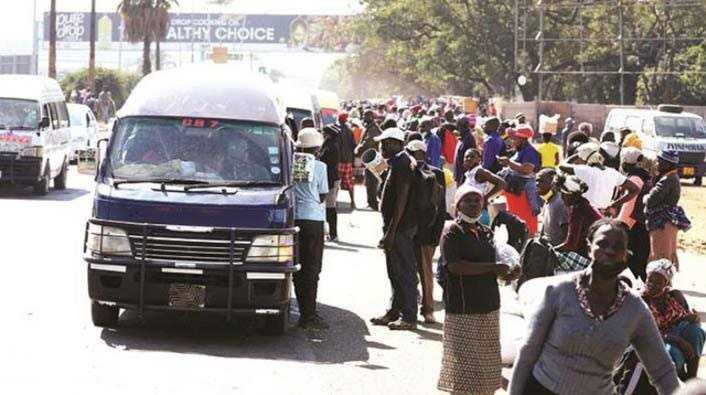
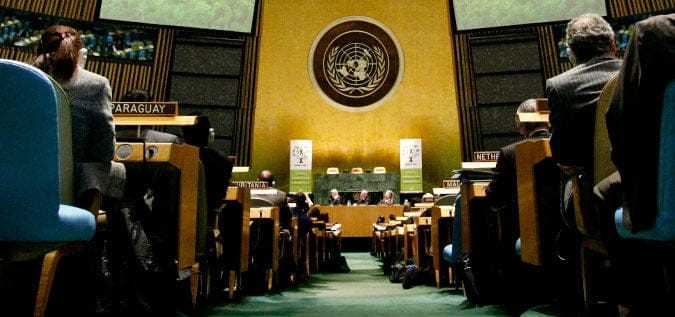
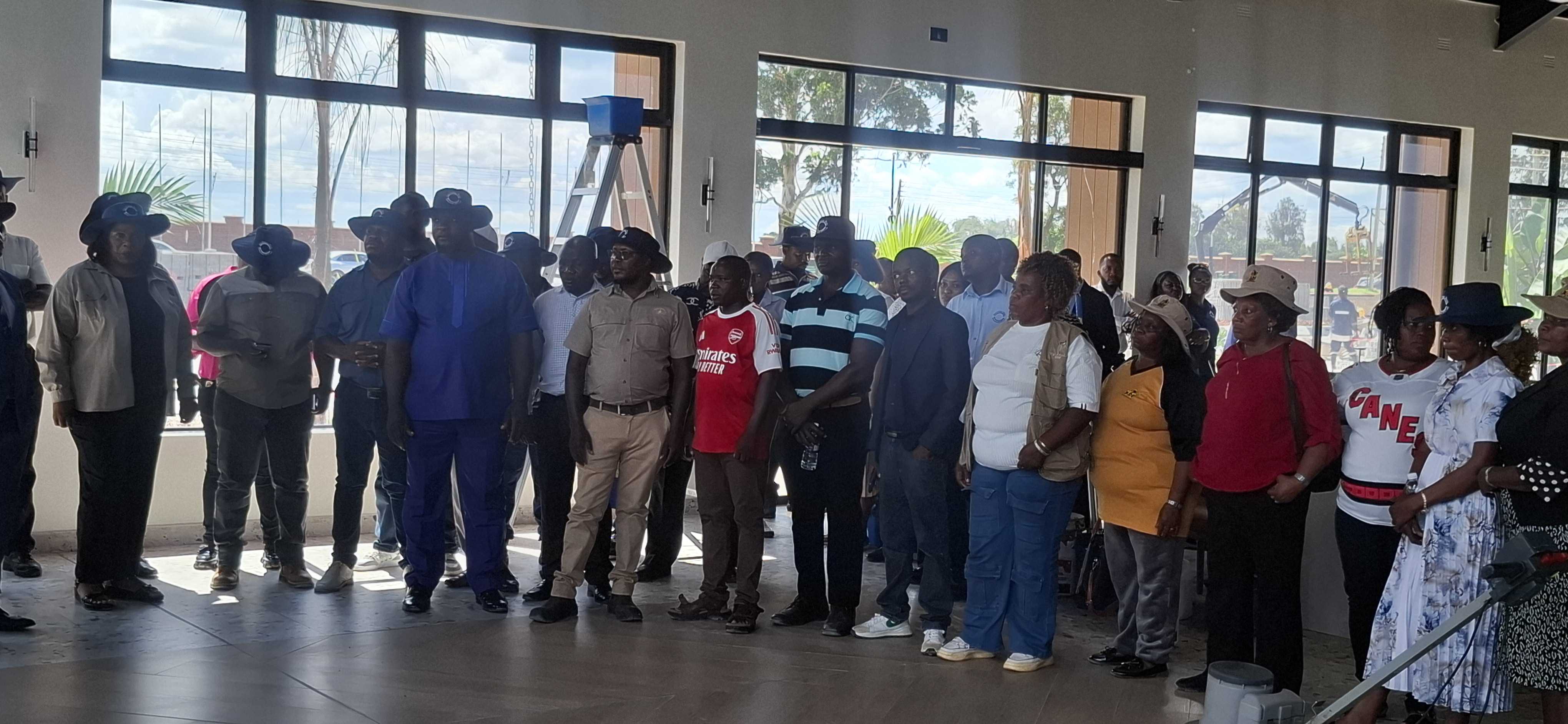


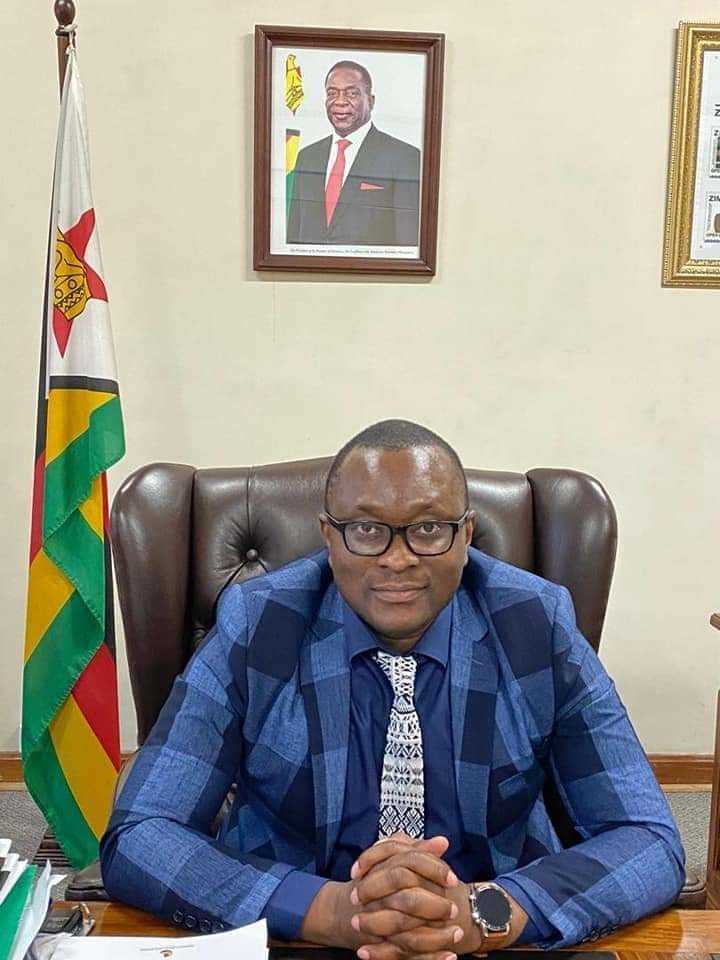




Leave Comments